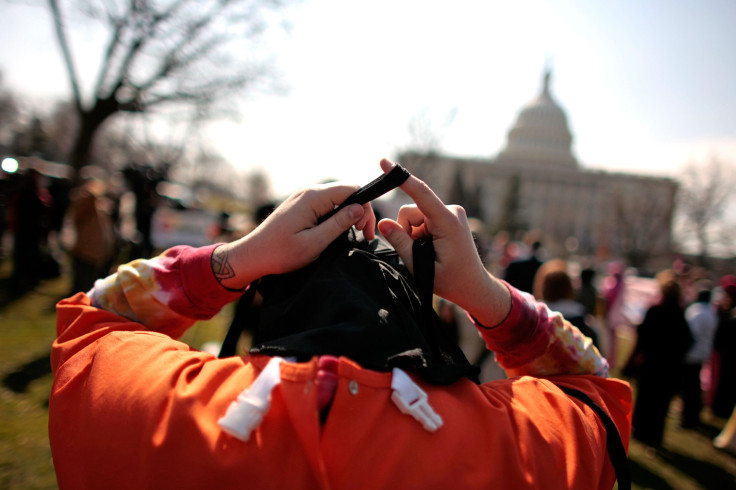Is Waterboarding Torture? CIA Enhanced Interrogation Techniques Report May Fuel Attacks Against US

The impending declassification of a Senate report that slams “enhanced interrogation techniques” conducted by the CIA under President George W. Bush as torture has American embassies bracing for possible attacks from Islamic militants. The possible repercussions of the torture report have prompted some Republicans to ask the Senate Intelligence Committee not to release it while the White House has asked that certain portions of the document be redacted.
The report by the Senate Intelligence Committee is expected to be released this week since Chairwoman Dianne Feinstein, D-Calif., won’t be heading the panel in January when the new Congress convenes and Republicans take over. The torture report is the culmination of five years of investigation by the panel and is a review of policies such as waterboarding, sleep deprivation and other methods of extracting information from terrorists after the attacks of Sept. 11, 2001. President Barack Obama banned the controversial practices under his administration.
Calling waterboarding and other “enhanced interrogation techniques” torture, and going into detail about how the methods were used, may provoke terrorist groups to strike U.S. targets, House Intelligence Committee Chairman Mike Rogers, R-Mich., told Fox News. "I think this is a terrible idea," Rogers said of publicizing the torture report. "Foreign leaders have approached the government and said, 'You do this, this will cause violence and deaths.' Our own intelligence community has assessed that this will cause violence and deaths."
The State Department has put embassies on alert, but for security reasons would not say what measures are being taken, Reuters reported.
The Obama administration is advocating for the release of a 500-page executive summary of the 6,000-page report, but wants pseudonyms of CIA agents mentioned in the report to be blacked out, the San Francisco Chronicle reported.
Feinstein said it’s important the fake names remain in the report, saying in a statement redactions would "eliminate or obscure key facts that support (the committee's) report's findings and conclusions."
She said the techniques damaged “societal and constitutional values that we are very proud of,” according to the Los Angeles Times. “Anybody who reads this is going to never let this happen again.” The report has already been published but is classified.
Bush is supporting the conduct of the CIA operatives, with a former administration official telling the New York Times “we’re going to want to stand behind these guys," even though the report is expected to say the CIA misled Bush about the tactics.
The conclusion the techniques amount to torture has support from both parties. In August, Obama casually confessed “we tortured some folks” shortly after the Sept. 11, 2001, attacks. When he was running for Senate, then-candidate Rand Paul condemned the techniques as “torture” in a 2009 interview.
“I’m opposed to torture and I think our country should have a higher ideal than that and I would oppose it,” said in a radio interview. “I think torture is always wrong and shouldn’t be performed.”
The United Nations has defined torture as "any act by which severe pain or suffering, whether physical or mental, is intentionally inflicted on a person." The International Committee of the Red Cross officially declared waterboarding torture earlier this year.
"The definition of torture is any technique that causes severe pain or suffering, whether physical or mental, inflicted for a purpose, such as obtaining information or a confession, exerting pressure, intimidation or humiliation," Anna Nelson, the International Red Cross spokeswoman in Washington, said at the time. "Waterboarding fits into this category and therefore qualifies as torture" under U.S. and international law, she added.
© Copyright IBTimes 2025. All rights reserved.





















